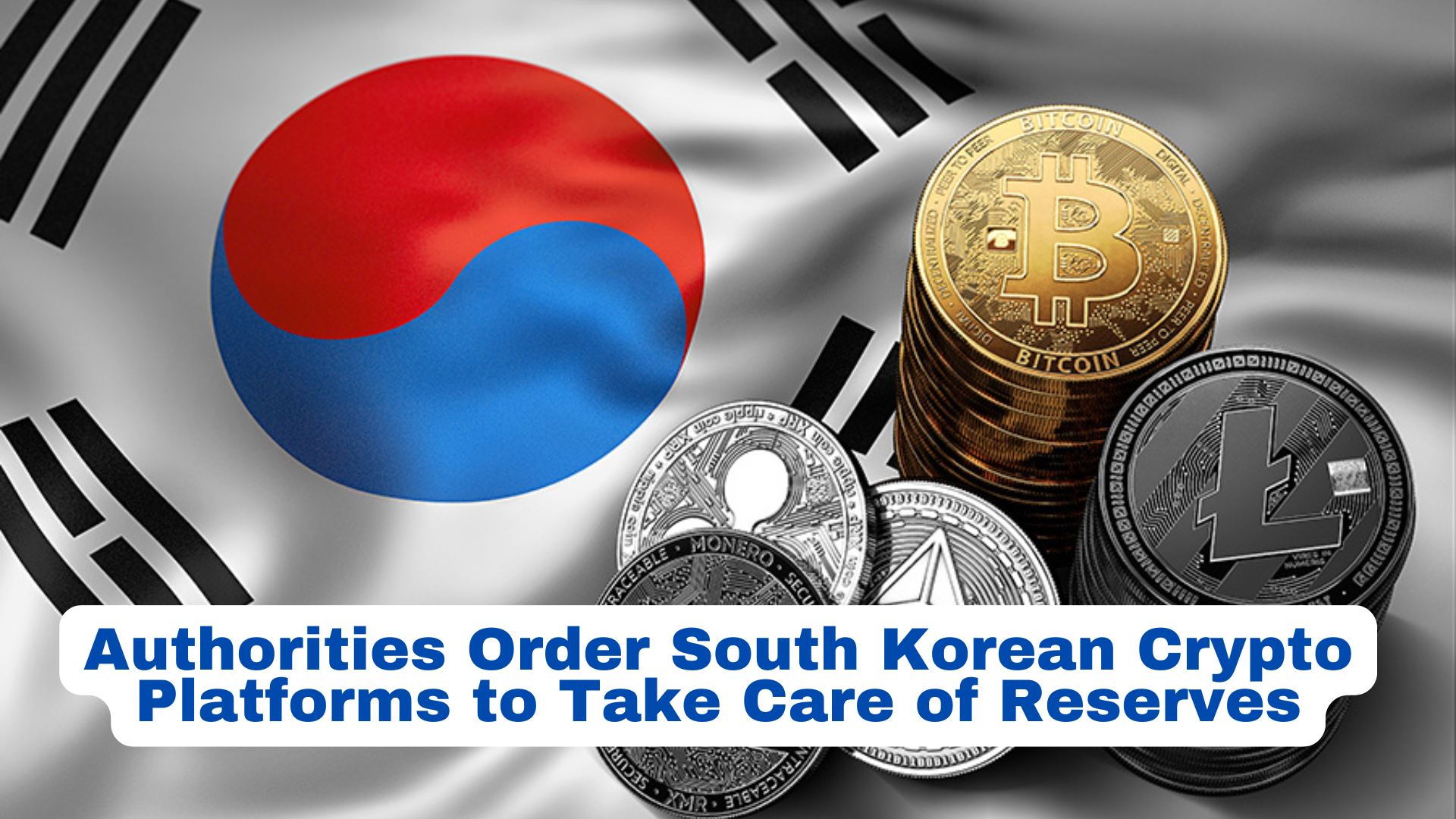South Korean Authorities Enforce Stringent Crypto Reserve Management: Key Measures and Impacts
The topic: authorities order south korean crypto platforms to take care of reserves. In a significant move to enhance the security and stability of the cryptocurrency market, South Korean authorities have issued a directive requiring crypto platforms to take stringent measures in managing their reserves. This development marks a crucial step in the country’s ongoing efforts to regulate the burgeoning digital asset industry and protect investors.
Regulatory Framework and Compliance Measures
KoFIU’s Role in Overseeing Cryptocurrency Exchanges
The Korea Financial Intelligence Unit (KoFIU) is spearheading efforts to implement more stringent measures targeting cryptocurrency exchanges in South Korea. As the primary financial intelligence agency, KoFIU plays a pivotal role in safeguarding the integrity of the country’s financial system, including the rapidly evolving crypto sector.
Key Measures Being Implemented
- Thorough Evaluations of Exchanges: KoFIU will conduct comprehensive examinations of cryptocurrency exchanges, focusing on anti-money laundering measures, operational capacity, and consumer protection. This scrutiny will be particularly intense for exchanges expecting to renew their licenses later in the year.
- Suspension of Suspicious Transactions: The Korean government is considering the suspension of suspicious transactions, even at a pre-investigation stage. This proactive approach aligns with recommendations from the Financial Action Task Force, a global anti-money laundering organization.
- Executive Oversight: The Financial Services Commission (FSC) has proposed changes to reporting requirements for virtual asset service providers (VASPs), mandating regulatory approval for executives joining crypto firms. This measure aims to ensure greater accountability and transparency in personnel appointments.
- Consumer Protection Laws: A new protection law on virtual asset consumers is set to take effect in July 2024. This law, known as the Act on the Protection of Virtual Asset Users (VAUPA), aims to establish a sound order in the virtual asset market and ensure user protection.
Impact on Cryptocurrency Exchanges
Compliance Standards and Market Risks
The new regulatory changes are expected to have a significant impact on the operations of cryptocurrency exchanges in South Korea. Exchanges failing to meet the stringent standards face the risk of expulsion from the marketplace. This underscores the importance of compliance and the potential consequences for non-adherence.
Key Responsibilities for VASPs
Under the new regulations, Virtual Asset Service Providers (VASPs) are required to:
- Manage customer deposits separately from their own assets
- Keep users’ virtual assets separate from their own holdings
- Maintain a certain proportion of virtual assets in cold wallet storage
- Have insurance plans or reserves to cover potential hacking or network failures
- Maintain transaction records for 15 years
Prohibited Activities
The new regulations also prohibit VASPs from engaging in:
- Improper use of undisclosed material information
- Market price manipulation
- Fraudulent transaction activities
- Self-issued virtual asset transactions
Global Trends in Cryptocurrency Regulation
South Korea’s approach to cryptocurrency regulation aligns with the broader global trend towards stricter oversight in the digital asset space. The emphasis on robust risk management and transparency reflects growing concerns about investor protection and market stability worldwide.
Importance of Regulatory Measures
These regulatory measures are particularly crucial in light of recent incidents of cyberattacks on exchanges and the need to protect investor funds. By implementing these stringent requirements, South Korean authorities aim to create a more secure and trustworthy environment for cryptocurrency trading and investment.
Conclusion
The directive issued by South Korean authorities represents a significant step towards creating a more regulated and secure cryptocurrency market. As the industry continues to evolve, such measures are likely to become increasingly common globally, reflecting the growing recognition of cryptocurrencies as a mainstream financial asset class.
For cryptocurrency exchanges and investors in South Korea, adapting to these new regulations will be crucial for long-term success and stability in the market. As the regulatory landscape continues to develop, staying informed and compliant will be key to navigating the exciting yet complex world of digital assets.


